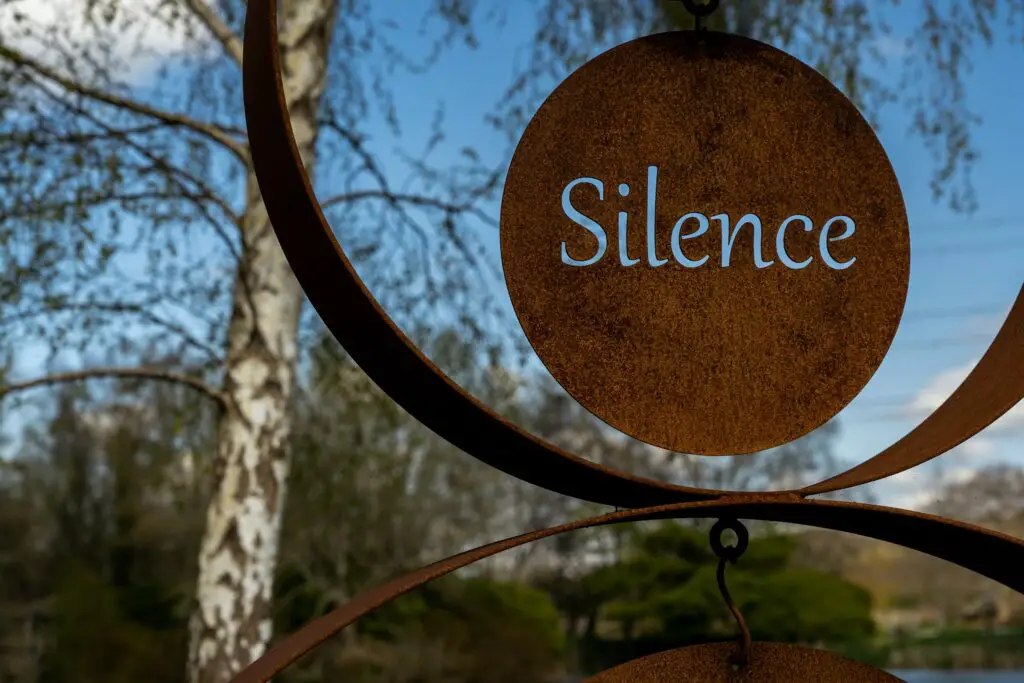Silence can play a powerful role in communication, but whether it is the ideal response depends on the particular situation and context. Silence can be employed positively to show respect, give space for reflection or indicate agreement. On the other hand, silence can also be perceived negatively as a lack of interest, punishment, or as a result of negative emotions such as anger or frustration.

One of the most valuable applications of silence in communication is when we listen to someone else. By staying silent, we can provide the speaker with an opportunity to fully express themselves without interruption. This can create a safe and supportive environment for the speaker, making them feel heard and understood. Active listening can also offer new insights into their perspective, facilitating empathy and understanding.
Silence can also help in conflict resolution. In situations of heated arguments, it is often hard to find a resolution when both parties are speaking simultaneously. In such cases, silence can create a pause in the conversation, allowing both parties to reflect on what has been said, and to think more clearly about how to move forward. By avoiding arguments, we can prevent conflicts from escalating and potentially making the situation worse.
Additionally, silence can be helpful when we are uncertain about what to say or how to respond. In these cases, remaining silent can give us time to consider our response and the impact our words may have. This can help us avoid saying something that we may later regret or that could be hurtful to the other person.
However, silence can also be problematic or even harmful. If we remain silent in situations where someone is being bullied or harassed, we may be seen as complicit in the behavior. Similarly, if we have important information or insights to share, and yet remain silent, we may fail to contribute to the discussion, share our expertise, or provide valuable feedback.
Silence can also be misinterpreted depending on the context and the relationship between the parties involved. For example, if someone is speaking in a monotone or unemotional voice, their silence may be seen as disinterest or boredom. Alternatively, if someone is speaking passionately or emotionally, their silence may be viewed as agreement or support.
Additionally, if we use silence too often or inappropriately, it may undermine trust and credibility in the relationship. If we remain silent regularly when we should be speaking up or giving feedback, others may begin to question our commitment or our ability to communicate effectively.
In conclusion, whether silence is the best response depends on the situation and context. In some cases, silence can be a powerful tool for creating a safe and supportive environment, resolving conflicts, or giving us time to reflect on our response. However, there are also times when silence can be problematic or even harmful, such as when we fail to speak up or share our insights. The key to using silence effectively is being mindful of the situation and using it in a way that supports our goals and values.